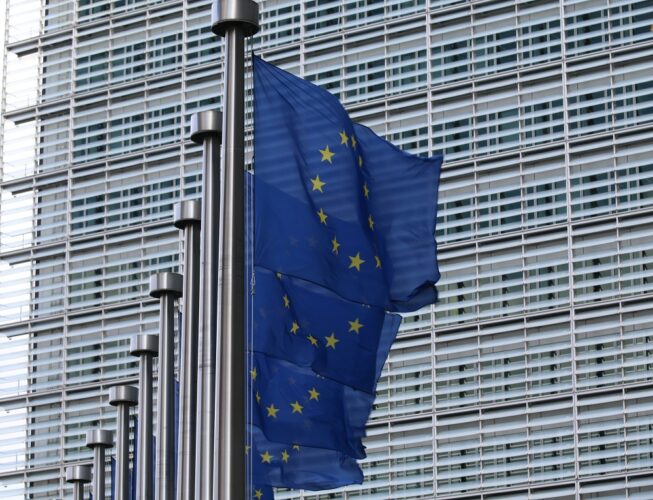On Thursday, the European Commission (EC) reviewed the funding of Solidarity Lanes, the new logistical routes for Ukraine, during a meeting that was jointly hosted by the European Bank for Reconstruction and Development (EBRD) and the EC. As participants in the discussion, ministers and secretaries of state from Ukraine, Moldova, Poland, and Romania offered their perspectives on the necessity for infrastructure development on their respective countries’ borders as well.
“The Solidarity Lanes are now almost 7 months old. They have carried more than 17 million tons of cereals, plus many other products – from humanitarian aid to fuel, animal feed, and fertilizers. It is no exaggeration to say that the Solidarity Lanes have become a lifeline for Ukraine’s economy. And they are here to stay,” said Commissioner Adina Vălean in a statement.
Asserting that all EU Member States had contributed to the Solidarity lanes, Commissioner Vălean thanked Poland, Slovakia, and Romania for their diligence and dedication while pointing out that due to location, the aforementioned in particular have had a greater share of responsibility.
According to Vălean, over 50% of the grain exported via the Solidarity Lane travels via the Danube route and through the port of Constanta. The second busiest route is the land-based one via northern Poland. The Commissioner emphasized that other pathways, like the Adriatic Corridor, continue to be important.
“We have done what we can with the resources we have. To go further – and we must go further – we need more investment: in rolling stock, scanners and transshipment equipment, and infrastructure upgrades,” she said.
The Solidarity Lanes will get a €1 billion finance package, which has been jointly announced by the Commission, EBRD, EIB, and World Bank. Additionally, Ukraine and Moldova will now be able to use the Connecting Europe Facility (CEF), the TEN- T’s funding source.
In order to eliminate bottlenecks, this might be utilized to assist international initiatives, the Commissioner stressed.
Another noteworthy evidence of assistance is the €20 million aid that the EU will grant to Moldova, which will be combined with a €12 million loan from the EBRD. With this support, the north-south rail axis will be repaired and exports from Ukraine to the Danube ports will be made easier to transit Moldovan territory.



